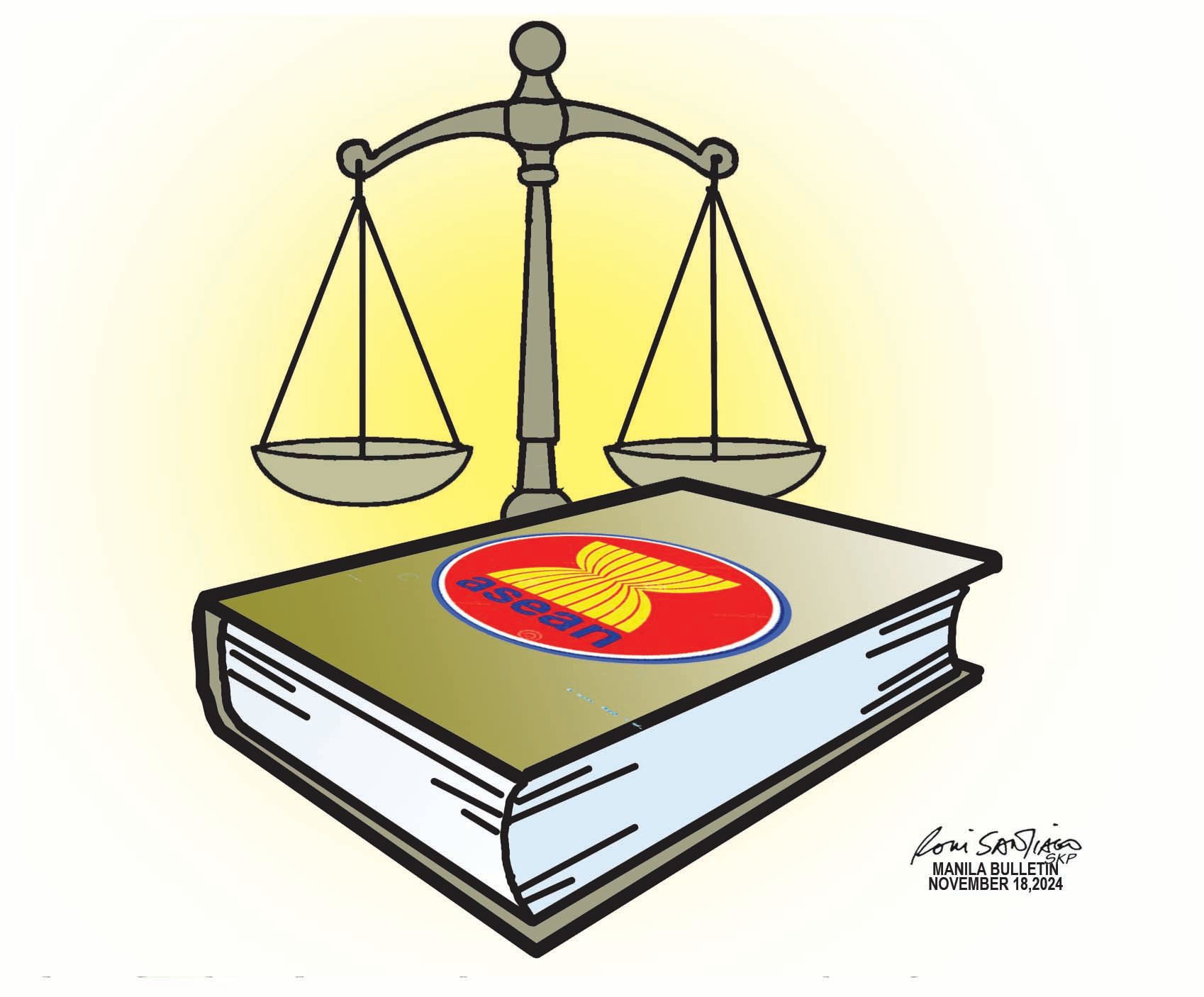ASEAN Chief Justices' meeting: Toward stronger judicial collaboration and solidarity

The Supreme Court of the Philippines’ hosting of the 11th Meeting of the Council of ASEAN Chief Justices (CACJ) in Cebu on Nov. 18-21 marks a significant milestone in the ongoing efforts to strengthen judicial cooperation and share best practices among the 10 ASEAN member states. The CACJ — which was established in 2013 — serves as a platform “to build mutual trust and understanding among the region’s judiciaries and to facilitate judicial cooperation to enhance economic growth and development.”
To facilitate collaboration within ASEAN, the CACJ has endorsed frameworks such as the Draft Model Rule on Service of Civil Processes and the Enhanced Common Procedure, which establishes a nonbinding protocol for arranging mediation in cross-border disputes involving children; codes and standards such as the Model Principles of Judicial Conduct; and acknowledged the International Framework for Court Excellence, a self-assessment tool that the ASEAN Judiciaries can voluntarily adopt to identify areas of strength and areas for improvement.”
This gathering, coming just a month after the second anniversary of the Philippine Supreme Court’s Strategic Plan for Judicial Innovations (SPJI), underscores the importance of continuous reforms and dialogue in the region’s judicial systems. It provides an opportunity for addressing the common challenges faced by ASEAN judiciaries in their common endeavor to promote regional solidarity and centricity.
Across ASEAN, there is a growing recognition that judicial systems need to be more agile and transparent to maintain public confidence. In many countries, there is a need for modernization of court systems to streamline processes and improve accessibility, especially for marginalized and vulnerable groups.
In light of contemporary global developments, this meeting offers a timely opportunity to reinforce the region’s collective commitment to the rule of law and human rights. The ongoing wars in Ukraine and Gaza, for example, have highlighted the need for stronger international cooperation and legal frameworks to address issues of human rights, accountability, and peacebuilding. ASEAN, as a regional body, has a unique opportunity to play a proactive role in fostering dialogue and cooperation on these issues within the framework of its legal systems.
At the same time, the rapid advancement of artificial intelligence (AI) presents both opportunities and challenges for the judiciary. On one hand, AI can be leveraged to improve case management systems, enhance legal research, and provide greater access to justice. On the other hand, the rise of AI raises concerns about its impact on legal decision-making and the potential for bias in algorithm-driven judgments. The meeting could provide an avenue for discussing how ASEAN judiciaries can navigate these technological advances while safeguarding the principles of fairness, justice, and human rights.
By working together, ASEAN judiciaries can build a stronger legal foundation that not only serves the interests of individual member states but also enhances the region’s collective security, prosperity, and stability. The Philippines’ hosting of this vital meeting represents a pivotal moment for judicial cooperation in the region. While addressing common challenges such as judicial efficiency and independence, ASEAN’s top judges will foster greater collaboration and strengthen the rule of law across the region, thereby charting pathways toward a more cohesive, just, and resilient future.